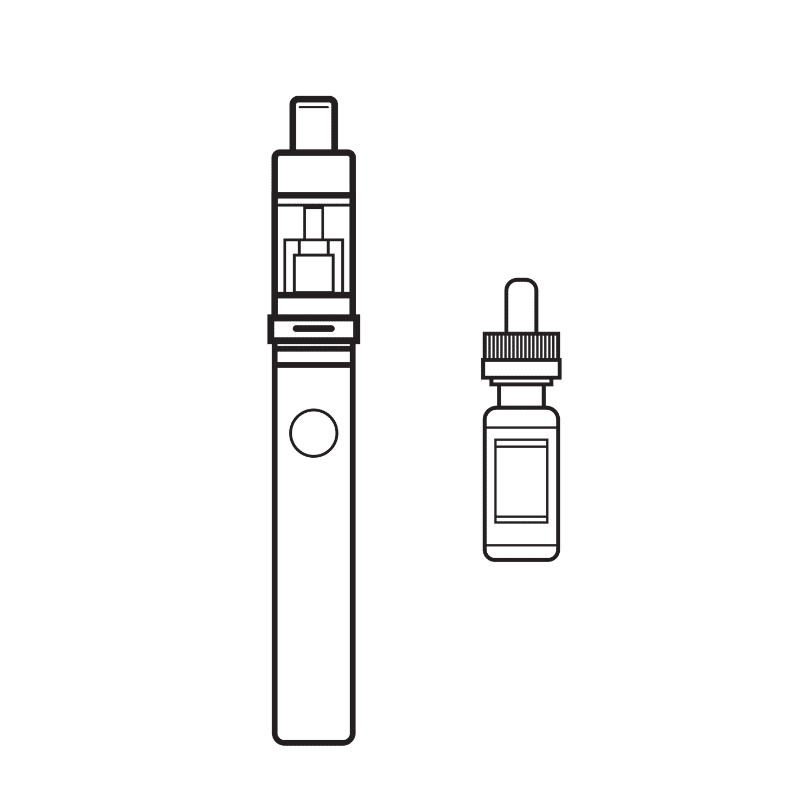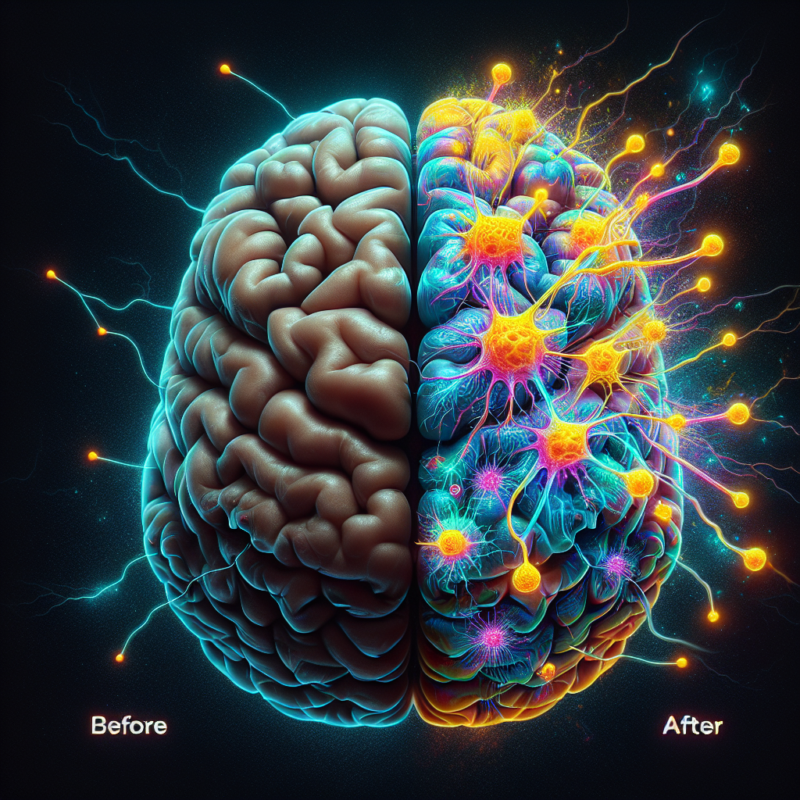Blog
what does dmt do
The Effects of DMT on the Brain and Consciousness

DMT, or dimethyltryptamine, is a powerful psychedelic compound that has been used for centuries in traditional spiritual practices. It is found naturally in certain plants and animals, and can also be synthesized in a laboratory. DMT is known for its intense and often life-changing effects on the brain and consciousness. In this article, we will explore what DMT does to the brain and how it alters our perception of reality. When ingested, DMT quickly crosses the blood-brain barrier and binds to serotonin receptors in the brain. Serotonin is a neurotransmitter that plays a crucial role in regulating mood, cognition, and perception. By binding to these receptors, DMT disrupts the normal functioning of serotonin, leading to altered states of consciousness. One of the most notable effects of DMT is the rapid onset of intense visual hallucinations. These hallucinations are often described as vivid, colorful, and otherworldly. Users report seeing geometric patterns, fractals and even encounters with entities or beings. These hallucinations are believed to be a result of DMT’s interaction with the visual cortex, the part of the brain responsible for processing visual information.
DMT also affects other areas of the brain, such as the prefrontal cortex, which is responsible for higher cognitive functions such as self-awareness and introspection. This can lead to a sense of ego dissolution, where the boundaries between the self and the external world become blurred. Many users report feeling a sense of unity with the universe or a higher power during a DMT experience. In addition to its effects on perception, DMT also has a profound impact on emotions. Many users report experiencing intense emotions, both positive and negative, during a DMT trip. This is due to the compound’s ability to activate the amygdala, the part of the brain responsible for processing emotions. Some users report feelings of euphoria and bliss, while others may experience fear or anxiety. These emotional responses can vary greatly from person to person and can also be influenced by the setting and mindset of the user. DMT also has the potential to induce a mystical or spiritual experience. This is often described as a feeling of connectedness to something greater than oneself, a sense of transcendence, and a deep understanding of the universe.
This is why DMT has been used in traditional spiritual practices, such as ayahuasca ceremonies in South America. But what exactly causes these profound effects on the brain and consciousness? Researchers believe that DMT’s ability to produce such intense experiences is due to its similarity to serotonin. Serotonin is known to play a role in regulating mood, perception, and consciousness, and DMT’s chemical structure is very similar to that of serotonin. This allows DMT to bind to serotonin receptors and disrupt the normal functioning of the brain. Another theory suggests that DMT may activate the brain’s default mode network (DMN). The DMN is a network of brain regions that are active when we are at rest and not focused on any particular task. It is believed to play a role in self-reflection, introspection, and our sense of self. By disrupting the DMN, DMT may lead to a temporary dissolution of the self, allowing for a more profound and mystical experience. In conclusion, DMT is a powerful psychedelic compound that has a profound impact on the brain and consciousness. Its ability to produce intense visual hallucinations, alter perception, induce emotional responses, and potentially induce spiritual experiences makes it a fascinating subject for researchers and users alike. While the exact mechanisms of how DMT works on the brain are still not fully understood, its effects on the mind are undeniable. Whether used for spiritual purposes or recreational use, DMT continues to intrigue and mystify those who experience its effects.


Pingback: what is dmt? - OFFICIAL DMT VAPE